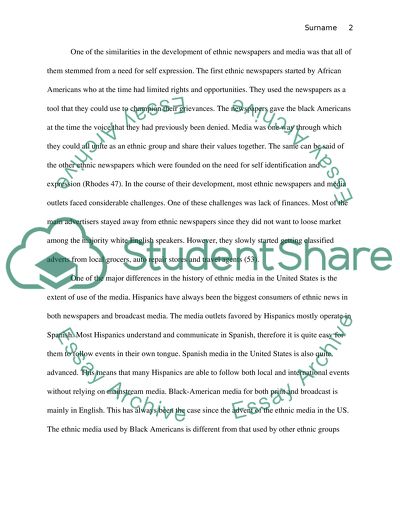Cite this document
(“Communication Essay Example | Topics and Well Written Essays - 1500 words - 2”, n.d.)
Retrieved from https://studentshare.org/literature/1424662-communication
Retrieved from https://studentshare.org/literature/1424662-communication
(Communication Essay Example | Topics and Well Written Essays - 1500 Words - 2)
https://studentshare.org/literature/1424662-communication.
https://studentshare.org/literature/1424662-communication.
“Communication Essay Example | Topics and Well Written Essays - 1500 Words - 2”, n.d. https://studentshare.org/literature/1424662-communication.


